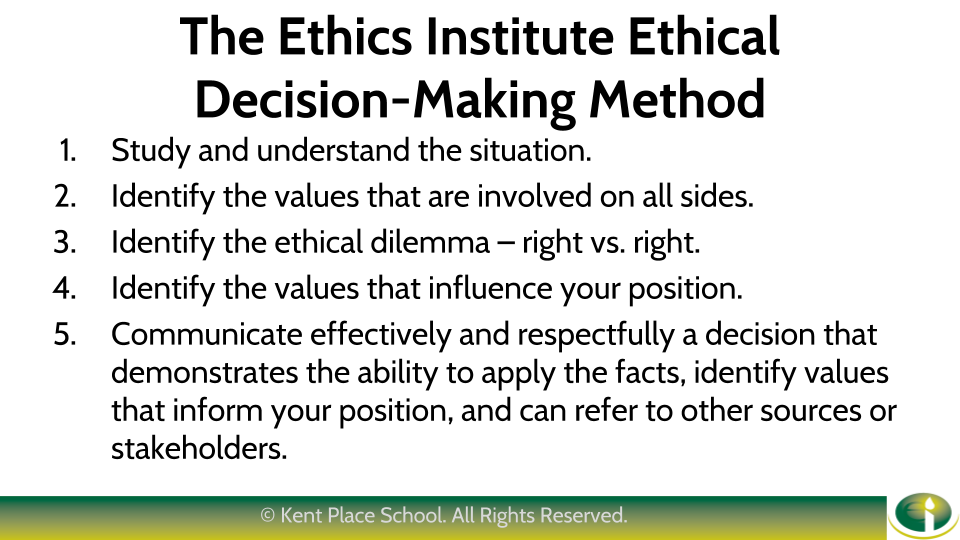Kelly Jensen, Book Riot ; WHY DON’T LIBRARY PROFESSIONAL PROGRAMS REQUIRE AN ETHICS COURSE?
[Kip Currier: Very interesting to read this author's experiences and thoughts regarding the important role of ethics decision-making and curricula in MLIS Programs.
In the University of Pittsburgh's MLIS Program, Dr. Toni Carbo and the late Father Stephen Almagno pioneered an elective Information Ethics course for many years.
In 2011, I relaunched that Information Ethics course, adding topics like Cyberbullying/Ethics of Social Media and IP/Open Movements. Several years later, I revamped the course again as LIS 2194: Ethics of Data, Information, and Emerging Technologies, building in cutting edge topic areas, e.g. ethical issues of AI, Internet of Things (IoT), Drones, Autonomous Vehicles, and Killer and Helper Robots. Two of the course's learning outcomes directly address the author's stated desire for emerging information professionals to attain more experience with ethical decision-making:
LEARNING OUTCOMES
- to recognize the utility of ethical decision-making models and codes of conduct
- to develop the basic skills needed to create and apply ethical decision-making models and professional codes to real-world issues facing librarians and information professionals
The author also mentions the importance of information professionals gaining greater awareness of legal and ethical issues, with which I wholeheartedly agree. In my LIS 2700: Managing and Leading Information Services course (formerly a required MLIS core course and now an elective since 2020), we delve into management and leadership-related legal and ethical issues throughout the course, including a two-week block, with one week specifically examining legal issues of management/leadership and a subsequent week exploring ethical issues. Students in the course also grapple with hypothetical and real-world ethical dilemmas in order to become more comfortable with addressing not-easily-answered ethical challenges.
Regarding a required course that includes information on ethics, Pitt's MLIS Program in 2020 inaugurated a new required core curriculum. One of the new core courses is LIS 2040: The Information Professional in Communities, which I have solo taught and also taught with a colleague. Ethics is embedded throughout this course, with a stand-alone unit on ethics, ethical codes, ethical decision-making and models, etc. Several assignments also require students to conduct analysis of bonafide case studies and to spot key components of ethical decision-making, such as identification of stakeholders and issues, facts known and unknown, and lessons learned.]
[Excerpt from WHY DON’T LIBRARY PROFESSIONAL PROGRAMS REQUIRE AN ETHICS COURSE?]
"My program did not have a course on ethics or the law as it pertains to libraries. Were those topics covered in other core classes? They were. But was an entire course dedicated to working through the decision-making models taking ethics and laws into account? Nope. And even today, 15 years later, the only required core course in the program is a “Perspectives on Information,” which most likely covers ethics and law in some capacity, but not over an entire semester...
Without more focus on ethical and legal responsibilities of librarians, where do they turn when a tricky situation emerges? Where and how do they build a decision-making model taking into account both the legal needs and ethical needs of the situation in question?"
